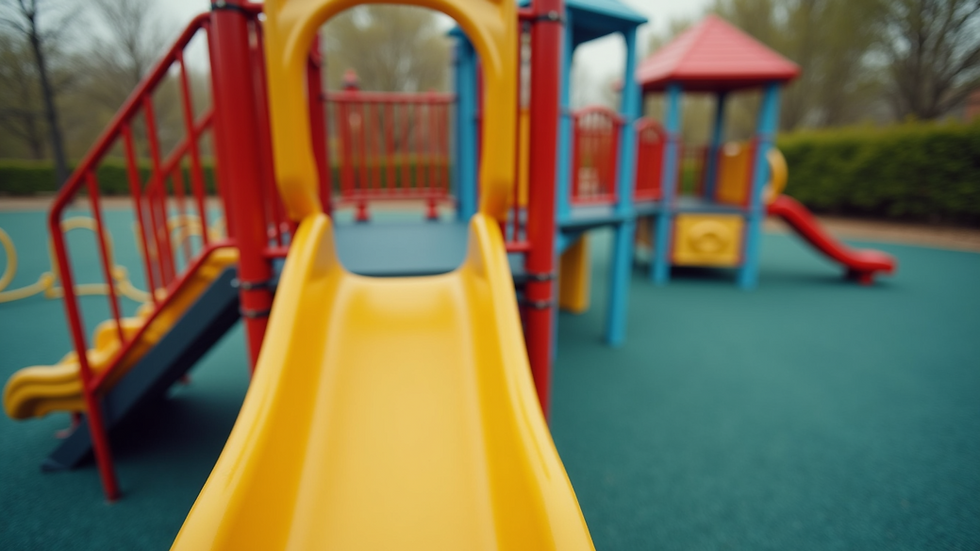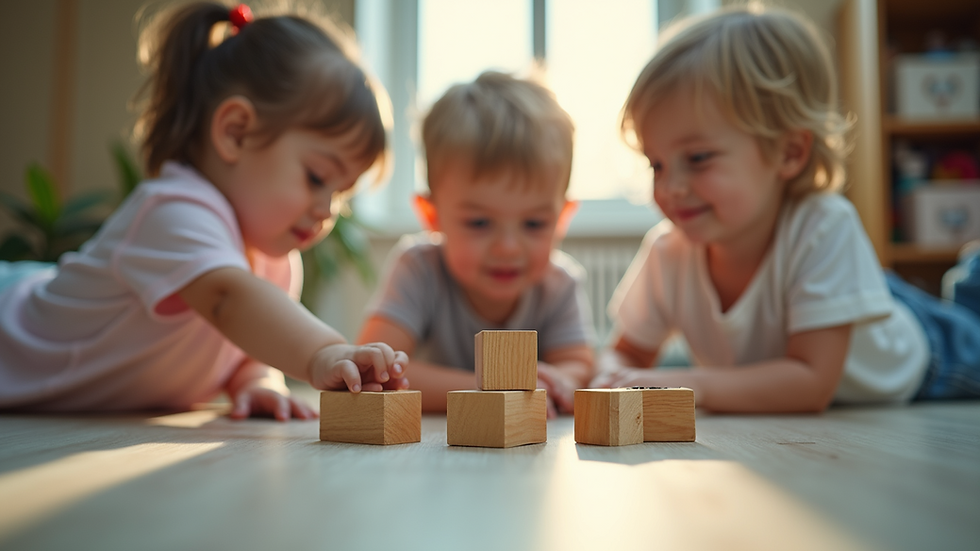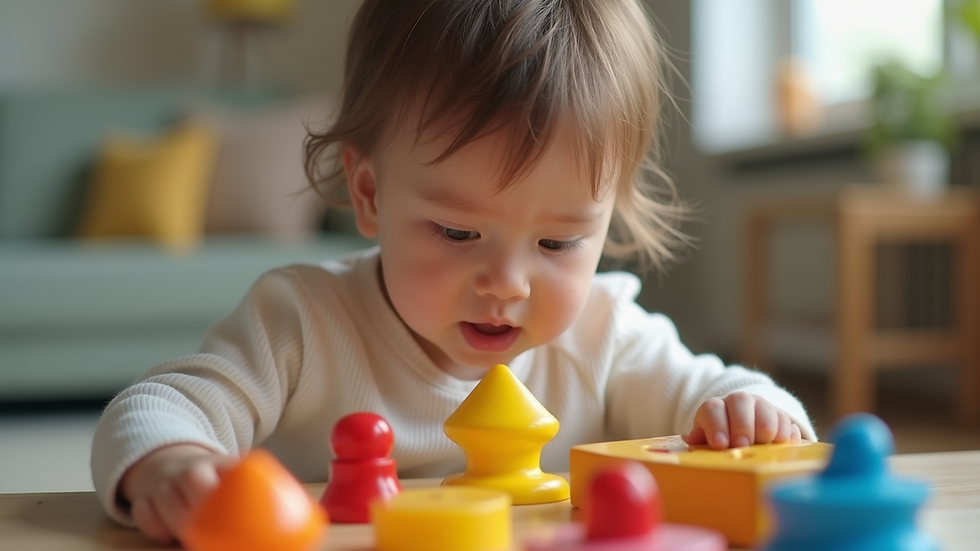The Role of Play in Early Childhood Development
- Peter Xanthus
- Jul 14, 2025
- 4 min read
Play is a fundamental part of childhood. It’s not just a way for children to entertain themselves; it's also a critical component of their development. In this post, we will explore the significant role that play has in early childhood development, focusing on how it fosters cognitive, social, emotional, and physical growth.
Early Growth: Understanding the Foundations of Development
During early childhood, particularly from birth to age 5, children experience rapid growth and change. This period is essential for brain development, and play becomes a crucial tool through which children learn about the world around them. When children engage in play, they explore, experiment, and interact with their environment.
Benefits of Play in Early Childhood
Play is linked to numerous developmental benefits:
Cognitive Development: Through play, children enhance their problem-solving skills and critical thinking. Activities such as building blocks help in understanding spatial relationships and developing reasoning skills.
Motor Skills: Physical play, whether it is running, jumping, or climbing, contributes to the development of gross and fine motor skills. These are essential for everyday tasks, such as writing or buttoning shirts.
Language Skills: When children play, especially with others, they often engage in conversations. This interaction helps enhance their vocabulary and communication skills, as they learn to express their thoughts and feelings.
Emotional and Social Skills: Play provides a platform for children to navigate relationships. They learn how to share, take turns, and resolve conflicts, which are all vital skills for future interactions.

Why is 0 to 3 Years Important?
The ages of 0 to 3 years are particularly crucial for a child's development. During this time, the brain is forming most of its neural connections. In fact, studies show that nearly 90% of a child's brain develops by the age of 5. This fact emphasizes the importance of providing a stimulating environment rich with opportunities for play.
During these formative years, children are highly receptive to learning new skills. Engaging in play promotes exploration and curiosity. For example, when a child plays with a shape sorter, they learn about different shapes and develop their hand-eye coordination as they manipulate the items.
Different Types of Play
Play can be categorized into several types, each with its developmental benefits:
Unstructured Play: This includes free play and is vital for creativity. Children can express themselves without predefined rules or expectations, allowing their imagination to flourish.
Structured Play: This type of play has specific rules and objectives. Board games and organized sports fall into this category, helping children learn to follow instructions and work within a team.
Social Play: This occurs when children play together. It enhances their social skills and understanding of feelings and perspectives. For example, role-playing games allow children to step into different characters and learn empathy.
Physical Play: Running, jumping, and climbing are all part of physical play. This is critical for developing strength, coordination, and a healthy lifestyle as they grow.

The Role of Parents and Educators
Parents and educators play a crucial role in facilitating play. They can create an environment that encourages exploration:
Provide Resources: Offer a variety of materials that stimulate creativity and curiosity. Items like building blocks, art supplies, or musical instruments can inspire different types of play.
Encourage Social Interaction: Schedule playdates or group activities where children can engage with peers, fostering social skills and emotional development.
Be Involved: Participate in play with children. This not only strengthens the bond but also provides opportunities for learning. For instance, counting blocks together can introduce basic math skills.
Allow Natural Play: It's important to let children lead their own play. This encourages independence and critical thinking as they navigate through their activities.
The Impact of Play on Future Success
Research indicates a strong correlation between play in early childhood and future academic success. For example, children who engage in play-based learning tend to excel in school settings compared to peers who experience a more structured education without play elements.
Moreover, children who develop social and emotional skills during play are often more adaptable and resilient, building a strong foundation for mental health in adulthood. Skills learned during play can translate into adult competencies, such as teamwork and problem-solving abilities.

Final Thoughts on the Role of Play
The importance of play in early childhood cannot be overstated. It serves as a vehicle for growth and development across various domains. From cognitive skills to emotional intelligence, play lays the groundwork for children to thrive.
As we navigate the complexities of raising children, it is essential to recognize and prioritize play as a vital element of growth. By creating environments that encourage and facilitate play, we are investing in our children's future.
For more insights on early childhood growth and development, visit this link.



